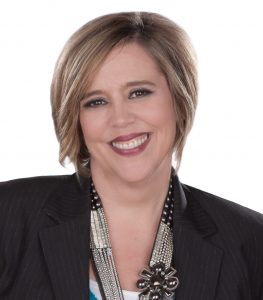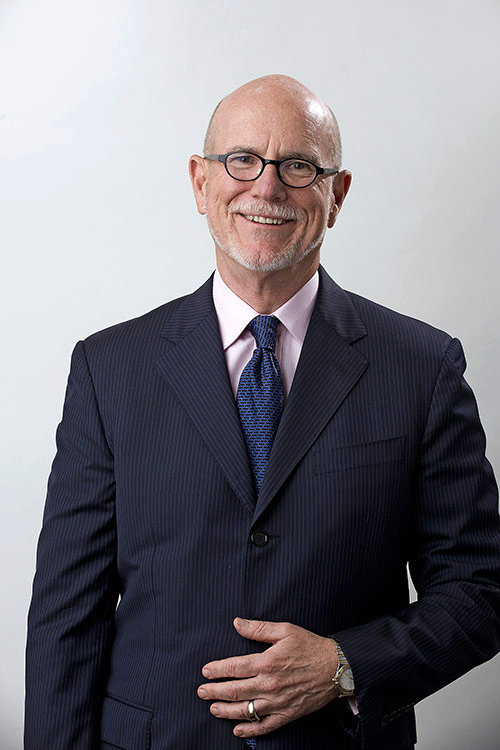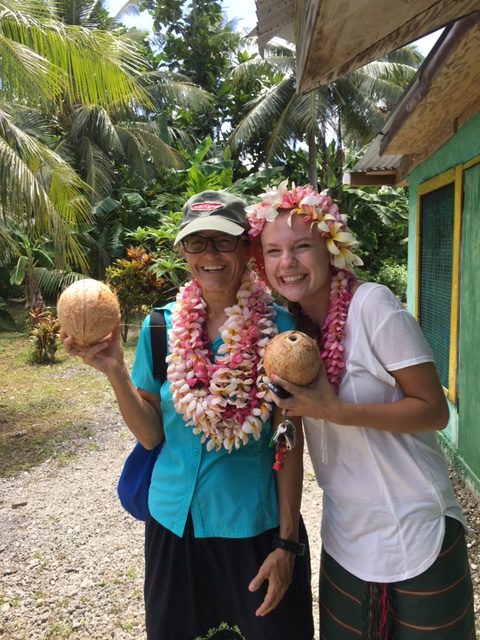
Name: Elizabeth Siegel (I’m Elizabeth in print, but everyone calls me Liz).
UChicago degree: I received my Master’s degree in 1994, and my Ph.D. in 2003—both in Art History.
Current position: Curator of Photography at the Art Institute of Chicago
Tell us about your work. What is your current position? What do you do on a daily basis?
I am Curator of Photography at the Art Institute of Chicago, one of three curators in the department. At any given time, I am working on a number of projects, at the museum or traveling for work. The work varies quite a bit from day to day, but could be roughly broken down into the following:
Collections: Our first priority is to identify, collect, preserve, and research works of art. We have about 22,000 photographs in our collection, ranging from photography’s invention to the present—and we are constantly adding to the collection. So I might be looking at photographs at an art fair, a gallery, a collector’s home, or an artist’s studio, considering what we already have and, within our available resources, the priorities for the shape of the collection. But with such wide and rich holdings I also spend a lot of time with photographs already in the collection, to learn more about them for an exhibition, study them with our conservators, or present them to the public.
Exhibitions: We have several exhibitions spaces dedicated just to photography in the museum, and since photographs are light-sensitive, they can’t remain on view as long as, say, paintings or sculpture can. So we rotate our works quite often, displaying photographs in exhibitions that may range from a smaller rotation of permanent collection objects to a major loan exhibition that has a catalogue and travels to different institutions. At the heart of any of these displays, though, is the selection of objects and new research that will help illuminate them for both the scholarly community and the general public.
Outreach: The great thing about this job is the people and networks that form alongside the study of objects. We give lectures and exhibition tours that might reach seasoned scholars, young students, or a new art enthusiast; we network with a community of colleagues in museums, universities, galleries, and related fields; and we build relationships with collectors and donors who support the work of the institution.
Of course, there is plenty of less glamorous stuff that is part of any job. But I get to work in this beautiful building, surrounded by some of the most incredible artworks produced in human history, with smart, curious colleagues. I’m pretty lucky.
How did you make the transition from doctoral study to working in museums?
There wasn’t much of a transition: I did both simultaneously. While I was in coursework, I was the curatorial intern at the Smart Museum of Art, where I worked for different curators doing research in the library, assisting in installations, helping to run print viewings for classes, and even was able to curate an exhibition from the collection. It was a terrific start for me, with wonderful mentors, and in a smaller, university art museum I was able to see a variety of different collections and museum activities.
Later, when I was writing my dissertation, I began working as a research assistant at the Art Institute for a large exhibition on the New Bauhaus/Institute of Design, an important school here in Chicago. I was fortunate to be able to dig deeply, poring through archives, interviewing dozens of former participants, locating loans from all over the country, editing and writing for the catalogue. Toward the end of that project—when I was almost (but not quite) finished with my dissertation, and six months pregnant—I was offered a job as assistant curator. I’ve been with the museum ever since, with increasing responsibilities as I advanced.
When I was a student at the University of Chicago, there seemed to be more of a separation between the academy and the museum; I’m quite pleased to see more openness between both generally, and collaborations specifically between the University of Chicago and the Art Institute of Chicago.
What skills that you developed during your doctoral studies have proven valuable in your current role?
Undergraduate and graduate studies hone your thinking, writing, and critical capacities, skills that are useful in any arena. At the graduate level, studies in methodology and historiography helped me to get a better sense of art history as a field, and the history of photography as one that is still being contested; this context has helped me to better understand my own place within a discipline and community of curators and scholars. Researching and writing a dissertation both allowed and forced me to conceptualize a large, original project, and to see it through. That process is analogous to conceiving and researching an exhibition, including how to make a case for the project as a contribution to the field. However, I realized then—and now have been proved correct—that the chance to focus so deeply on a single, perhaps open-ended project, and follow the research wherever it might lead, is a luxury that is rare in life outside of graduate school.
What advice do you have for current Ph.D. students looking to launch a career in museums?
The typical employment notice asks for both a graduate-level degree and a certain amount of museum experience. It can be difficult to do both, but I would certainly encourage graduate students to try to work at a museum during their doctoral program. Specifically, I would encourage trying to get experience at a wide variety of institutions—large survey museum, university art museum, contemporary art museum, or project spaces—and within those to try to experience different kinds of functions within a museum. (At the Art Institute, for example, we have eleven different curatorial departments, the library and archives, and conservation, as well as departments dedicated to publishing, public engagement, academic engagement, digital experience, legal affairs, and more.) Increasingly, museums are offering paid internships so students can afford to get this crucial work experience.
I recommend trying to get a wide variety of experiences so that you can find where might be the best fit for you. However, once you know where you want to be, I suggest doing whatever you can do to work there in some capacity to build relationships and so that the staff there can get to know you and your unique skills. In my own case, I was fortunate to be a known quantity in the Photography Department at a moment when a position became available.







